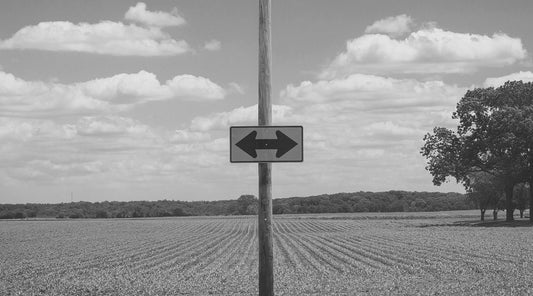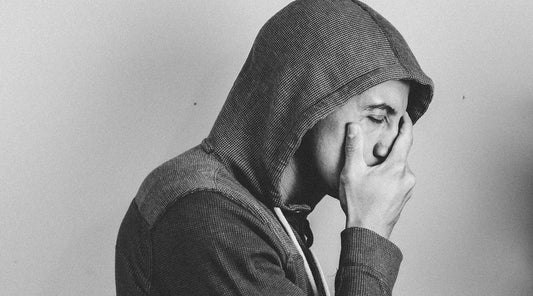If you’re like me, you’ve probably said, “If you want something done right, do it yourself.” Or maybe, “I don’t need anyone’s help.”
You see, we crave control. We want things to go our way, on our timeline, with our rules.
Most people think of addiction as a substance problem—alcohol, drugs, or gambling. But there’s another kind of addiction that’s just as destructive: the addiction to self.
We are addicted to being right. Addicted to our opinions. Addicted to our self-centered, uninformed beliefs. Addicted to doing things our way, even when they lead us to the same painful cycle.
At first, it feels like freedom. No one tells you what to do. You live on your terms. But then it starts feeling like pressure—until one day, it feels like prison. When you’re addicted to self, you mistake control for freedom. But if doing things your way truly worked, wouldn’t you be free and satisfied by now?
Why Do We Cling to Our Way?
Freedom sounds good—but when it requires change, it suddenly feels too hard. Why do we keep choosing the familiar prison over the unknown freedom? Here are four reasons:
1. Fear of Losing Control
We think if we let go, everything will fall apart. So we hold on tighter. We manage. We strategize. We overthink. But the truth? Control is an illusion. No matter how hard you try, you can’t force peace, make people stay, or fix yourself on willpower alone.
2. Trauma-Based Beliefs
Our past pain shapes how we see the world. Your past taught you that trusting others leads to pain. That vulnerability is dangerous. That surrendering control means getting hurt. So, you build walls. You rely on yourself. You keep your guard up. But walls don’t just keep pain out—they keep healing out too.
3. Pride & Stubbornness
We hate to admit we were wrong, even if it’s hurting us. To admit that our way isn’t working. That maybe—just maybe—we don’t have all the answers. Pride convinces us that as long as we keep trying harder, we’ll figure it out. But freedom isn’t earned—it’s received.
4. Comfort in Dysfunction
The journey to freedom feels unknown. And sometimes, the pain we know or our way of doing things feels safer than the unfamiliar change that leads to freedom. So we stay in the cycle. We cling to what’s familiar, what’s comfortable—even if it’s dysfunctional. But the longer we hold on, the harder it is to let go.
How Do We Begin Surrendering?
Jesus said, “Whoever wants to be my disciple must deny themselves and take up their cross and follow me.” Denying yourself is not just about resisting temptation—it’s about learning to identify and letting go of your self-centered desires, beliefs, and harmful habits that keep you from true freedom.
There’s a man named Jason. He grew up hearing that men don’t show weakness, that you have to fight for yourself because no one else will. So, He worked hard to prove himself. He cut people off before they could leave him. He trusted no one.
At first, it seemed to work. He stayed in control. But the more he held on to his own way, the more exhausted he became. Every time things got hard, he numbed the pain with distractions—getting high, hooking up, isolating. He thought he had control. But soon he realized: his way wasn’t working. The life he built on his own terms left him empty and unfulfilled.
Jason had to learn to identify and surrender his desire: to be in control. His subconscious belief: men don’t show weakness and only you can fight for yourself. And his harmful habits to avoid pain: getting high, hooking up, and isolating.
My friend, surrender isn’t a moment—it’s a daily choice. It’s choosing your way or His way. It’s saying, “God, I don’t want to live by my limited understanding anymore. I want Your way, not mine.”
Which is Greater: Freedom or Control?
So here’s the real question: Do you want to be free, or do you just want to be in control?
Because you can’t have both. Surrendering control of your life isn’t losing yourself—it’s a step towards discovering a new life, a far greater life than you could ever give yourself.
We don’t have the full picture, but there’s someone who does. Why not choose to follow the plans of the One who created you? His way leads to joy, peace, and a fulfilled life. Your way… well, you already know how that’s working out.
If you’re ready to take the next step, don’t do it alone. Subscribe to our email list for Christ-centered content, resources, and a community that will support you every step of the way.





